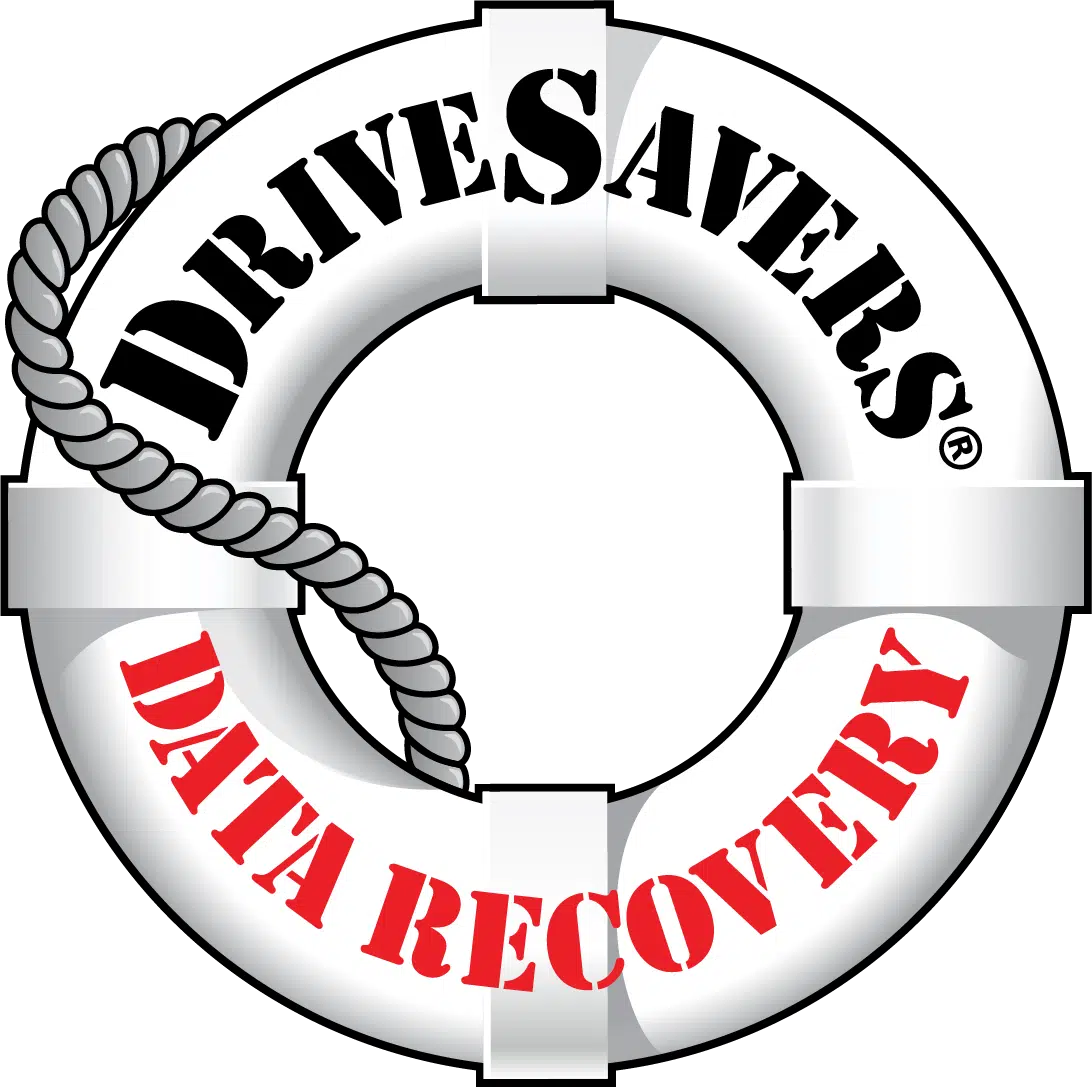Originally published by Daily Journal. Lawyers may earn 1 MCLE credit by visiting Written by Bob…
Easing eDiscovery Review Costs

Originally published on Legaltech news.
Privilege review typically involves attorneys meticulously inspecting collected documents—but it doesn’t have to.
Bill Piwonka, Law Technology News
International Data Corporation estimates the volume of digital data created globally will grow 40 percent to 50 percent a year, reaching 40 zettabytes by 2020. Managing these growing data volumes during eDiscovery is, and will continue to be, extremely challenging and costly. Nowhere is this more evident than in the review of documents for privilege, especially in large cases.
John Facciola, a retired magistrate judge from the District of Columbia, speaking on Exterro Inc.’s recent webcast, Federal Judges Panel: Avoiding Irreversible Mistakes in eDiscovery, estimates that review accounts for about 70 percent of eDiscovery costs, and much of that is spent on identifying privileged documents.
Facciola is among a great majority of federal judges who have long pushed parties to take advantage of Federal Rules of Evidence (FRE) Rule 502(d) as a means to ease the privilege review cost burden. FRE 502(d) allows parties to enter agreements during discovery to ensure that if privileged info rmation is unintentionally revealed during eDiscovery, it cannot be used against either party. It also prevents both s ides from having to engage in filing motions to get privileged information returned. Judicial support for FRE 502(d) was underscored in a recent survey conducted by Exterro, Federal Judges Survey: eDiscovery Best Practices and Trends. In the report, 45 percent of the participating judges said using the rule was the biggest way parties could cut eDiscovery costs.
Statistics like these make it something of a mystery to our judges as to why virtually no one takes advantage of the rule. Several survey respondents indicated that they’ve never once seen a party address the rule, including Chief Magistrate Judge Frank Maas of the U.S. District Court for the Southern District of New York. “I’ve had several cases where the amount of controversy was $1 billion or greater and even in those cases, counsel have never on their own raised with me a 502(d) order,” he says.
But Chief U.S. District Judge Joy Conti of the Western District of Pennsylvania shed some light on wh y this might be the case in Exterro’s webcast. Thanks to a default provision, orders in her district routinely have a FRE 502(d) clause included. But, she says, they don’t really result in significant savings.
“Lawyers are so concerned about accidentally producing privileged documents, they almost always want a full review prior to production. I do not know if it’s really going to save money as the profession and clients don’t want to use it,” Conti says.
Supporting this view in an interview with Corporate Counsel, an ALM affiliate of Legaltech News, Steve Ihm, vice president and assistant general counsel at Allstate Insurance Co., said that the adversarial relationship of attorneys contributes to parties’ reluctance to engage in any agreement perceived to be mutually beneficial.
“The adversarial approach has its place, such as at trial, but frankly clients would be better served—and costs and distraction would be mitigated—if there were less antagonism surrounding discovery, especially at the initial stages,” he says.
I’m not an attorney nor am I here to argue whether we should try and change decades of a mind-set that attorneys bring to every case. I’d rather avoid the argument of whether FRE 502(d) orders are underutilized to the detriment of companies, and instead focus on advancements in eDiscovery technology that can significantly reduce the cost of privilege review and bring needed proportionality to eDiscovery—with or without the rule.
I think we can agree that privilege review typically involves highly paid attorneys meticulously inspecting collected documents in search of privileged content. Yet attorneys and in-house legal teams now have the ability to index, search and analyze information “in-place” as it exists in its native store—all prior to collection. Furthermore, predictive coding, or machine learning technology, can be trained to quickly identify specific types of content or metadata and flag documents accordingly before anything is actually collected.
By leveraging these technologies, legal teams can apply advanced search filters and predictive coding to data in place and eliminate the need to conduct manual privilege searches. For example, an email containing a particular corporate attorney’s name could signal that there is a high likelihood the content is privileged. The system can be trained to flag and withhold those emails from any subsequent collection.
An added benefit of conducting the privilege analysis in place, versus post-collection, is that any privileged documents that do make it past the initial filtering (remember that no technology is perfect every time) can still be spotted and withheld from production in the latter stages of review. This is extremely important when you consider the fallibility of manual human review, especially with large document sets. Eliminating privileged data early in the process mitigates the risk that something will slip through the cracks later on.
Besides reducing the need for costly privilege reviews, applying advanced search filtering to data in place further controls costs by providing attorneys with insights into the data—volumes, types, locations, search terms, smoking gun issues—much earlier in the process and enable them to become much smarter and more informed about the potential evidence. Armed with actual data intelligence, attorneys can enter negotiations with solid proportionality and scope arguments based on facts, keeping discovery requirements (and costs) proportional to the case and issues at hand.
Whether the legal community ever comes around on FRE 502(d) remains to be seen. If rules can’t control the privilege review cost problem, it’s at least nice to know that technology can help.



